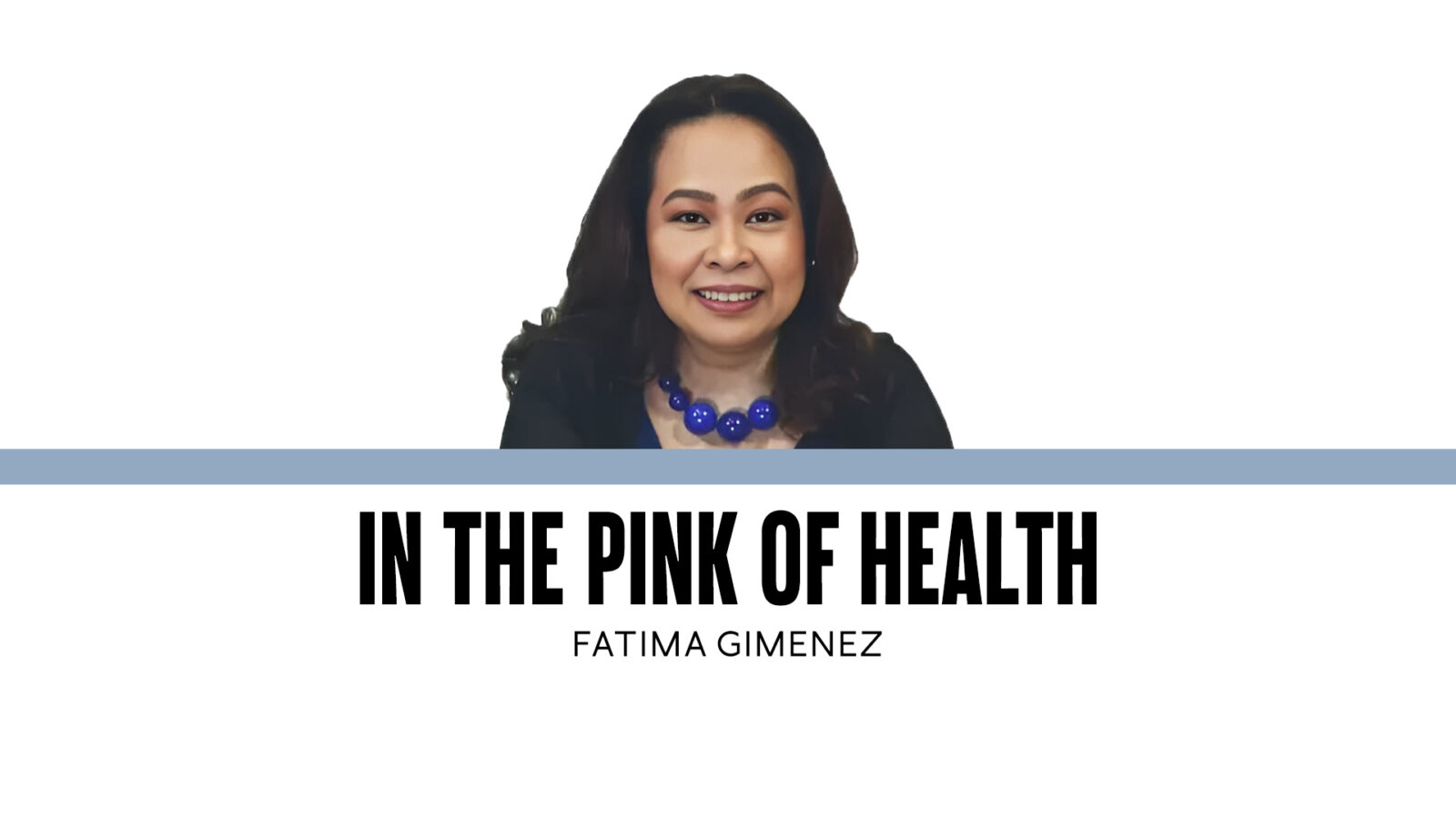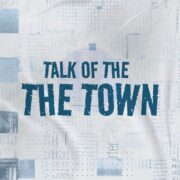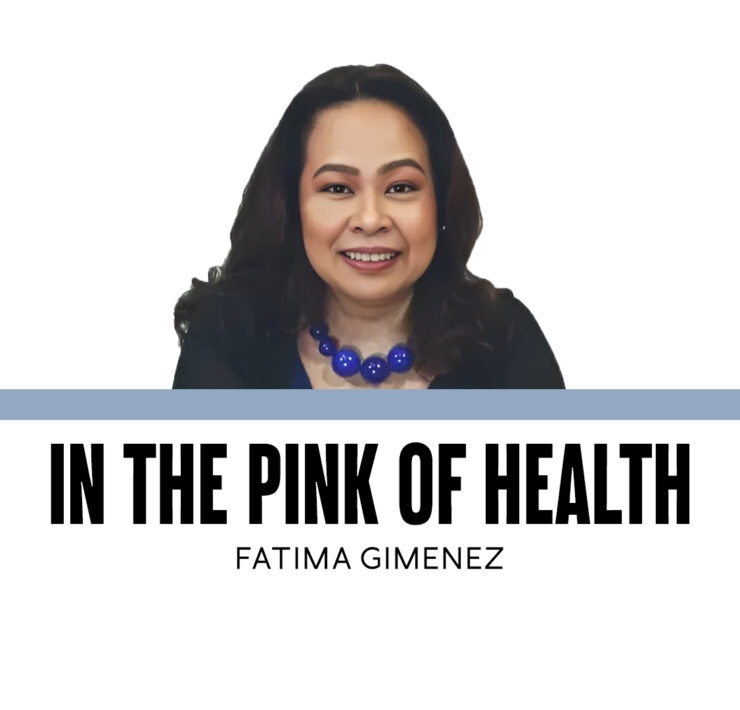AI in practice

A mentor once told me, “You have to get over your resistance to the use of artificial intelligence.” I told him that a major barrier was the inability to shake off the feeling that, having made shortcuts, my finished work or task would be a byproduct of some form of cheating. Rather than verbally sharing his views on the subject, our “forever teacher” opted to show us. On numerous occasions, either during section conferences or lunch breaks, we would be treated to individual or group demonstrations of the different forms of applications available that were either free or that he subscribed to.
These moments have served to reinforce our shared love for learning, but have also played a large role in narrowing generational gaps. On my end, it has taught me to be more embracing and aware of the extent to which AI can have a place in our profession.
Our key takeaways and reminders from this regular exercise?
First, make it a habit to consciously, deliberately, and constantly open our minds to wider possibilities. Feed your curiosity. A departure from what is conventional can be beneficial. Change doesn’t always mean letting go of what was; rather, it should be viewed as a way of improving a process.
Second, we are still the ones who will decide and be responsible for our course of action. A machine, no matter how carefully programmed, can never do it for you.
Last weekend, the Catholic Physicians Guild of the Philippines had a webinar on the ethical and legal aspects of the use of artificial intelligence (AI) in clinical practice. While both facts and the views presented were not entirely unfamiliar, having been occupied in discussions in medical conferences, it was very much welcomed.
No one can contest the fact that it is here to stay or discount how one has benefited from its capability to contribute to increasing efficiency in almost all areas of our lives. However, in the absence of regulatory rules, even guidelines, and the tendency to succumb to its appeal for quick solutions, and worse, believing that it is the gospel truth, there is a pressing need to help define the boundaries on its use and recognize how we can responsibly incorporate technology into providing better health care.
To dispel thoughts that we would soon be an extinct species or in danger of being totally reliant, we need to understand that its key role is mainly supportive. Its output will always be entirely dependent on the amount of input given. Think of it as similar to having an efficient research assistant by your side, who hopefully gathers credible and evidence-based information.
It is not designed to be equal to human beings, despite the fact that it can be more precise with regard to diagnostic and therapeutic tools. Never lose sight of the fact that it lacks the qualities that God has gifted us with. The capacity to feel, think, and reflect, even imagine the impossible beyond the information provided, and act according to one`s beliefs or perception. In the field of medicine, it can never replace sound clinical judgment, which involves a complex interaction of critical thinking and reasoning that is continuously being enhanced by experience.
Of the many things that were discussed, one speaker was able to encapsulate AI for what it is. While it may have human-like traits, including having the ability to hallucinate, be forgetful, and biased, and to which I may add, imagined supernatural powers to contain a wealth of information and provide a form of analysis, he stated that a physician is the only one licensed to diagnose. As such, we are accountable for educating ourselves on its advantages and its weaknesses so that AI can be responsibly used to augment better decision-making in clinical practice.
In the process of employing AI, we need to ensure that all the information gathered will be kept strictly confidential, protected, and secure. It is essential to obtain informed consent on its inclusion in a patient`s treatment, maintain transparency at all times, and provide patients ample room to make informed decisions to help build the needed trust and respect in any doctor-patient relationship.
Physician or not, it is always ethical that in anything we do, we should do no harm and act for the common good, because that is what is just and what is right. As human beings, we are flawed, but we are still the ones given the task to shape the future with the decisions we make, which hopefully would include seeking guidance from above. While we strive to bring efficiency and order in all that we do, there is that real potential that its misuse may lead to more chaos. Shouldn’t we take credit that we can do better? Let’s act on it before we find ourselves on the losing end.


















